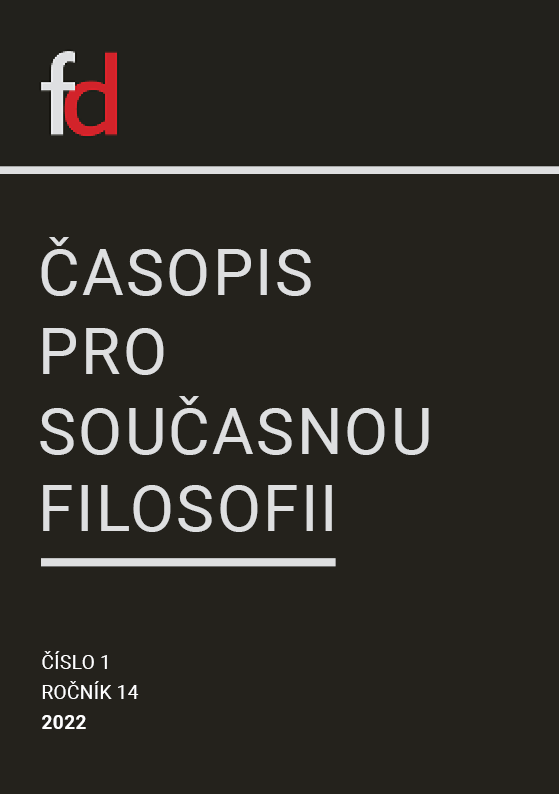Crombie’s and Hacking’s styles and scientific objectivity
DOI:
https://doi.org/10.26806/fd.v14i1.349Abstract
Abstract
The article introduces two concepts of styles – "styles of scientific thinking" by historian Alistair C. Crombie and "styles of thinking" by philosopher Ian Hacking – and thus fills a gap in the Czech philosophy of science, in which they have not yet received due attention. At the beginning, Crombie's historical concept, which uses styles as organizing categories for the interpretation of the history of Western science, and subsequently their Hacking's transformation into philosophical categories applicable in contemporary science will be introduced. Following this, the circumstances of their origin, mutual differences and the reception of other authors will be briefly outlined. The focus of the article is to link styles to objectivity, because for both Crombie and Hacking, it is styles that constitute scientific objectivity. The different conception of objectivity in scientific disciplines is the result of the ontological multiplicity of researched objects as well as theoretical and methodological plurality, originating in historically different styles of science. This will be illustrated by the example of probabilistic and statistical style, which Hacking elaborated in detail in several of his works.
Downloads
Published
Issue
Section
License
Authors who publish in this journal agree that:
1. Authors retain copyright and guarantee the journal the right of first publishing. All published articles are licensed under the Creative Commons Attribution license, which allows others to share this work under condition that its author and first publishing in this journal was acknowledged.
2. Authors may enter into other agreements for non-exclusive dissemination of work in the version in which it was published in the journal (for example, publishing it in a book), but they have to acknowledge its first publication in this journal.
3. Authors are allowed and encouraged to make their work available online (for example, on their websites) as such a practice may lead to productive exchanges of views as well as earlier and higher citations of published work (See The effect of open access).


